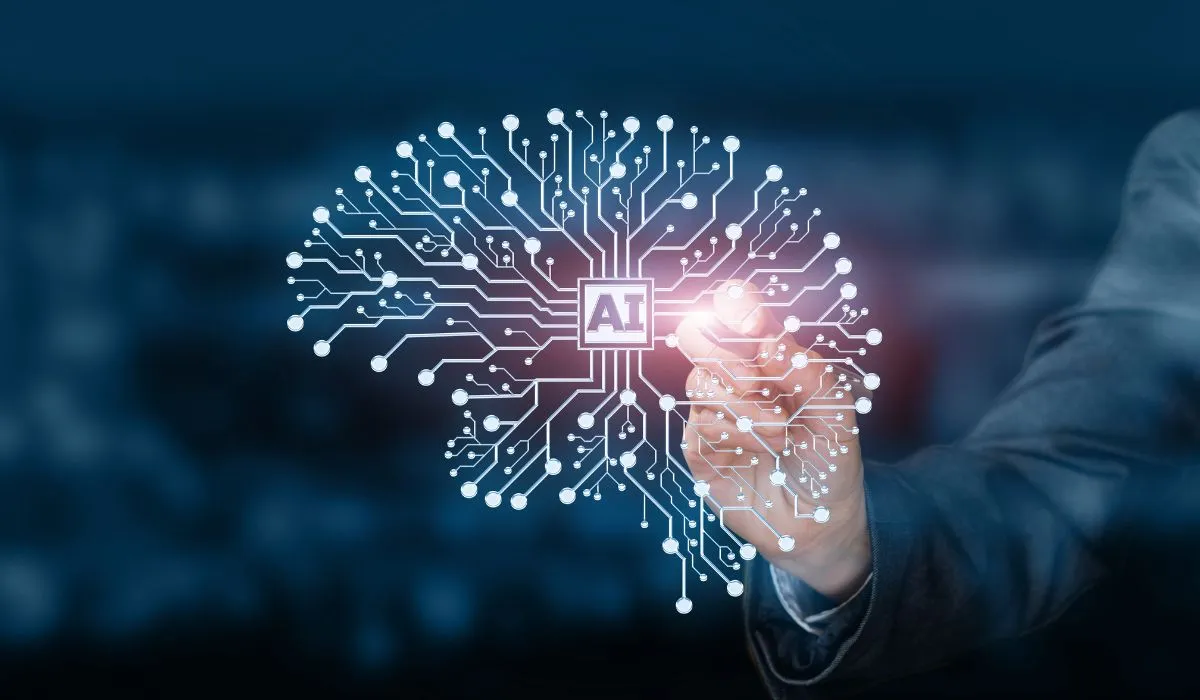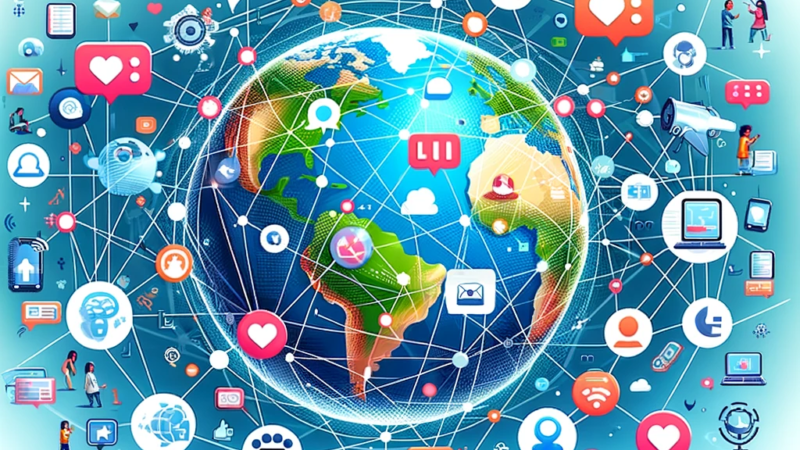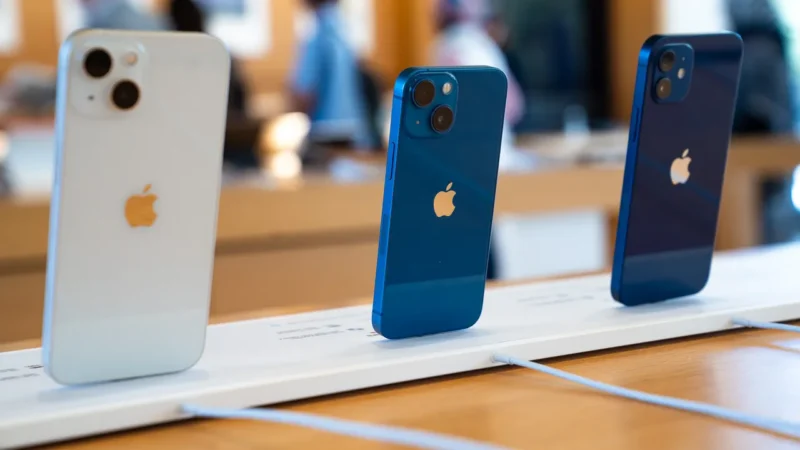Interesting Facts About Artificial Intelligence

Artificial Intelligence (AI) is no longer just a science fiction dream—it’s part of our daily lives. From asking Siri or Alexa about the weather to watching Netflix recommendations or self-driving cars, AI is quietly shaping the way we live, work, and interact. But beyond these everyday uses, AI is filled with fascinating details, untold stories, and surprising developments.
In this article, we’ll explore interesting facts about Artificial Intelligence—its history, current uses, and what the future may hold.
1. AI is Older Than You Think
Although AI feels like a modern invention, the concept goes back to 1956, when the term “Artificial Intelligence” was first coined at a conference at Dartmouth College. Early researchers dreamed of creating machines that could “think” like humans. Today, AI has surpassed many of their predictions.
2. AI Learns From Data – Just Like Humans Learn From Experience
At its core, AI mimics human learning. Instead of experiences, it uses data. The more data an AI system is trained on, the smarter it becomes. For example, AI in healthcare can analyze millions of medical images and detect diseases more accurately than a doctor in some cases.
3. AI is Everywhere in Daily Life
You might not notice it, but AI is part of your everyday routine:
- Google Maps predicting traffic routes
- Spam filters in your Gmail
- Netflix recommending your next favorite movie
- Chatbots answering customer queries
- Even fraud detection when you use your credit card
This shows how AI has quietly become an invisible assistant.
4. AI Can Create Art, Music, and Stories
Thanks to Generative AI models (like GPT or DALL·E), machines can now create poems, music, and even paintings. In fact, AI-generated artworks have been auctioned for hundreds of thousands of dollars. While some artists see it as a threat, others embrace it as a new tool for creativity.
5. The First AI Robot Citizen Exists
In 2017, Sophia the Robot, developed by Hanson Robotics, was granted citizenship in Saudi Arabia—making her the world’s first robot citizen. Sophia can hold conversations, express facial emotions, and even crack jokes. This fact highlights how close AI is coming to blending with human society.
6. AI is Transforming Healthcare
AI is helping doctors in:
- Early cancer detection through medical imaging
- Drug discovery by predicting molecule reactions
- Virtual health assistants guiding patients
- Robotic surgeries with extreme precision
This could revolutionize global healthcare, making treatments faster and more accessible.
7. AI Also Has Biases
Surprisingly, AI is not always neutral. Since it learns from human data, it can also pick up human biases—like gender stereotypes or racial preferences. For example, facial recognition systems have been criticized for showing errors with darker skin tones. This has sparked global discussions on ethical AI development.
8. AI is a Job Creator and a Job Threat
Many fear AI will “steal” jobs. While it’s true that automation can replace repetitive work, AI is also creating new careers in AI engineering, data analysis, and AI ethics. According to the World Economic Forum, AI could create 97 million new jobs by 2030, even as it automates others.
9. AI Can Write Code and Debug Software
Modern AI tools like GitHub Copilot can help programmers write and fix code in seconds. While developers still need to supervise, AI is making software development faster, cheaper, and more efficient.
10. AI is Being Used in Space Exploration
NASA uses AI to analyze data from Mars rovers, predict star patterns, and even guide spacecraft. Without AI, managing the huge amount of information from telescopes and satellites would be nearly impossible.
11. AI Can Mimic Human Voices
“Deepfake AI” can create realistic human voices. While this technology can be used for good (like reviving historical figures’ voices for documentaries), it also raises risks such as scams and misinformation. This makes AI ethics an essential part of future policies.
12. AI is Learning Emotions
New branches of AI, like Affective Computing, are working on teaching machines to understand and respond to human emotions. Imagine a computer that can detect when you’re sad and play your favorite song to cheer you up! While fascinating, it raises privacy concerns too.
13. AI in Education: Personalized Learning
AI is changing how students learn. Personalized AI tutors can adapt to a student’s pace, weaknesses, and strengths. For example, if a child struggles in math, AI can create customized exercises until the child masters the concept.
14. AI’s Energy Consumption is a Hidden Problem
Training large AI models consumes massive energy. Some data centers use as much electricity as small towns. This has sparked debates on making AI more eco-friendly and sustainable.
15. AI is Still Not “Human”
Despite all its progress, AI lacks human common sense, emotions, and consciousness. It works through patterns and predictions, not true understanding. So while AI can simulate intelligence, it’s still not equivalent to human thinking.
Conclusion
Artificial Intelligence is one of the most powerful technologies of our time. From everyday apps to life-saving healthcare, space exploration, and even art, AI is reshaping human civilization. Yet, it also brings challenges—ethical debates, job risks, and environmental concerns.
The future of AI will depend on how wisely we use it. If developed responsibly, AI could be the greatest invention of humankind.
FAQs
The concept of AI was first introduced in 1956 at the Dartmouth Conference, led by John McCarthy, who is often called the “father of AI.”
Navigation apps (like Google Maps), voice assistants (Siri, Alexa), and streaming recommendations (Netflix, YouTube).
AI may replace repetitive tasks, but human creativity, emotions, and decision-making are still unique. AI will most likely work alongside humans, not replace them entirely.
For more surprising facts and knowledge, keep reading Fact2Know.com





One thought on “Interesting Facts About Artificial Intelligence”